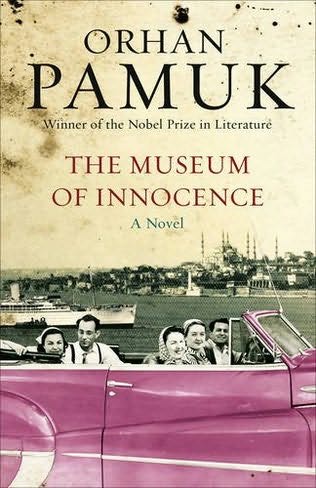Palpable. That’s the word to describe this memoir. Palpable. And weighted – not weighty or heavy, but weighted in the way that is sits on my heart like a frog might sit proverbially in my throat. I can’t swallow this book away. It’s going to travel with me for a time.
I’ll start with the treasures that this memoir brings.
The letter writing – My dearest daughter, dearest girl and just dearest. What glorious perfection is the structure of this narrative, woven between fragmented recollections and letters, the distant past melting into the not so distant past and all of it swimming against a background of the more distant past. The literal background of battlefields an ideal metaphor for the war raging in Major’s own heart. This structure was perfect. It allowed Major to really bury herself into the heart of the matter, drawing all the strings of her pain together in what is in some way an elegy or a musical tribute to something that cannot be contained. The structure also permitted an honesty that may have been lost in another style.
The places – from Canada to Australia to France and back. Each place captured over the course of the book with tidbits and snippets, a birth, a death, the snow, a battlefield and museum. Trees in cemeteries, yellow flowers and white ants eating away at the foundations – both real and imagined. Major paints each place with such colour and nuance that its visceral – palpable – it unspools slowly captivating. The isolation of the cottage where the letters are written and the death is mourned, it has a smell of this desolation and sorrow, accented by the characters who intrude periodically on the experience. The woman who sells the pickled vegetables, the owner of the cottage, the fleeting love interest. The dead are more real than these vagrants. The dead, the memory of them and the quest to contain what remains.
The insight into government policies relating to disability support – something I didn’t expect to find in this book. The battlefield is not just the fight for survival, but it is the fight for financial support, the fight to maintain one’s dignity and independence to live despite disability rather than to hide and deny. Major’s message is humbling. She repeats her daughter’s words: “Muscular dystrophy shaped me … It’s who I am, and I like who I am. I extend the possibilities of what it means to be human.” We are all shaped by what we experience – both hardship and joy. The way we choose to respond to these things is what makes us unique. Major’s daughter chose her response to illness with clear grace and determination – “Oh, darling” writes Major, “there is so much beauty in that.” And ironically, what penetrates the sorrow of this book is the beauty. And it’s not a fleeting aesthetic beauty. Rather, it’s a deep, penetrating kind of beauty. Something that is rich and magnificent, encapsulated perfectly in unexpected places.
Rhetorical questions – “Where was the frontline?” “Where to begin …?” So much is unanswered which is often the way in grief. How does one make sense of the sorrow? As Major writes: “I am left … in this cold kitchen, still scribbling … The bubble in my throat. The feeling I must hold everything there. I cannot speak, only write these things because it is safe now. You are dead.” And achingly, “What is the larger story of us? Have you got a grasp on that from where you are now? What am I supposed to see? … – as if you are shouting down from the sky.”
The philosophical question that lies in how we classify or clarify our friends or our enemies. What does it mean to be a deserter? Is there a bad soldier? Or a bad person … a bad mother? Even in war, we are connected to our enemies. “As much as I warred with your father, it strikes me now how we were connected. Lillian and me too – because we were so deeply mired in the overwhelming feelings of war. Not better people in what we did but terribly authentic in our exchange.” I couldn’t help but think of the moment elsewhere in the book where Allied troops and German troops congregate on the battlefield and work alongside each other to repair their respective trenches.
It occurs to me only upon reflection that I don’t know Major’s daughter’s name. I flick back through the book, anxious that perhaps I skimmed over some important detail. But all I can see is dearest, darling, dearest, daughter. And the pronoun ‘you’. ‘You’ is everywhere and everything. I want to say ‘of course’ – which is what Major herself says toward the end of the memoir, of course you are nameless because to name you would be to successful contain your everything-ness and that is indeed impossible.
There is so much more to acknowledge and appreciate in this book – the love of carers, the importance of family and connections between people, the value of history, the need to remember, the tangle that is life. All of this and yet what I think is embedded in that stone sitting on my heart is the question of life and living – what is real, what is a dream, how are we supposed to live.
“The life I was living was no more than a dream, a story I’d made up, as fleeting as a spider skating on a pond.”
I find myself wanting to see a spider skating on a pond.














